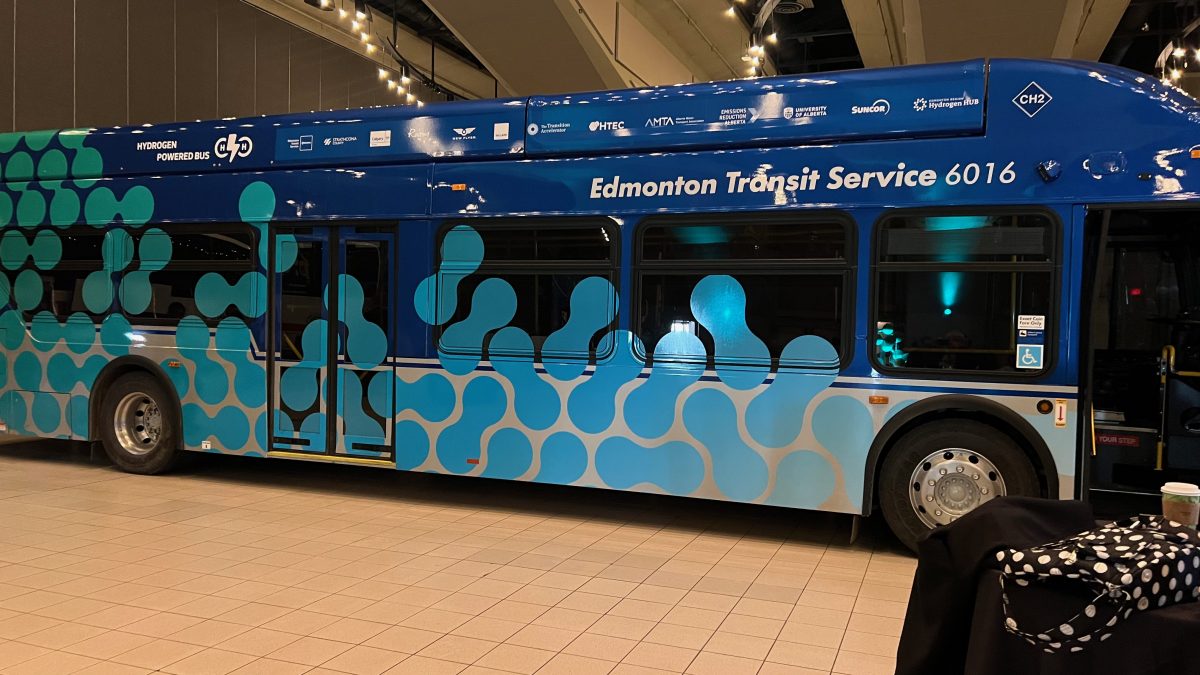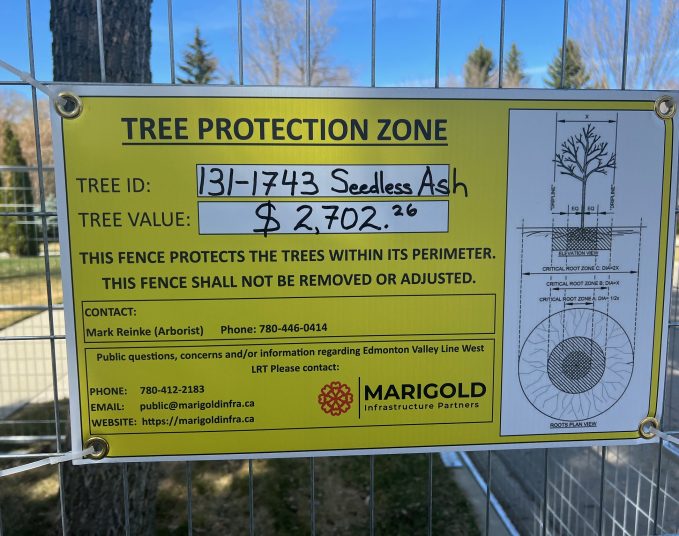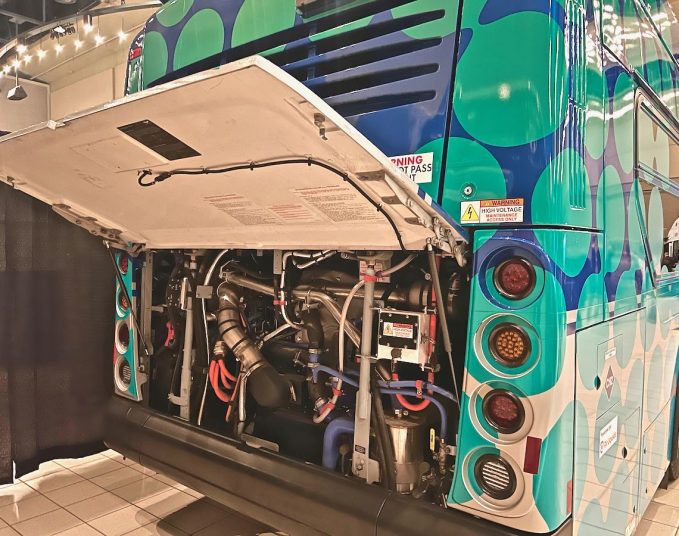Edmonton Transit Services (ETS) is hoping for a big gift this holiday season — the OK from council to purchase 40 new hydrogen buses. But whether council will deem ETS naughty or nice is still unknown.
The ask, which comes before council over the next two weeks as part of their fall budget deliberations, is for 40 hydrogen buses, each with a price tag of around $1.6 million. In addition, the as-of-yet unfunded capital profile is also asking for an additional satellite garage.
But at a time when the City is already facing mounting financial concerns, acting branch manager for fleet and facility services Arjan Sharma isn’t certain the project will get the nod from council.
“We’re facing a lot of fiscal challenges as a municipality,” he said. “I’m a betting man and I wouldn’t bet either way on this one.”
ETS wants the buses to expand its service (ETS has a shortfall of 260,000 service hours) and bolster its green fleet, which presently includes some 60 EV buses and a hydrogen powered bus that’s been part of a pilot project.
“If approved, the funding requested for new buses will go towards expanding transit service,” ETS said in a statement to Urban Affairs. “From 2015 to 2022, there was significant population growth in the city and bus service hours did not keep up with growth.”
But it’s also hydrogen’s ability to hold up under the frigid Edmonton winters that has ETS interested in adding more H2 fuelled vehicles to their fleet.
“We’ve found from early testing that [hydrogen] is a better store of energy in our climate,” Sharma said. “We’re seeing better ranges on our hydrogen fuel cell vehicle that we’re piloting … than we have on our battery electric vehicles and that’s compounded in cold weather conditions.”
It’s not just hydrogen’s hardiness that’s made the buses attractive to ETS, but the entire concept of hydrogen fuel itself. Sharma said he views hydrogen development as a modern day gold rush for the region that also aligns with ETS’s climate goals.
“One of the easiest ways for us to start implementing hydrogen … is to look at the transportation sector. Whether that be in buses, heavy-duty trucks, vehicles, et cetera,” he said. “It’s really interesting from a regional economic development standpoint and from a climate resilience standpoint.”
And all that sounds great, but asking the City to drop $64 million is a pretty lofty request, even when it comes to cleaning up our emissions. But there are other options for hydrogen integration if the City doesn’t approve the ask, namely retrofitting.
In August, the City announced it would be retrofitting four vehicles to integrate hydrogen as an additional fuel source. The work was part of a pilot project with Diesel Tech Industries (DTI) and included two ETS buses and two garbage collection trucks.
Sharma said if the 40 new buses are not approved, ETS could consider retrofitting more of its fleet in the meantime.
“The City employs a lifecycle management strategy to maintain a sustainable average age of fleet assets. Buses need to be replaced when they reach the end of their useful life to maintain a reliable and cost effective transit system,” ETS said. “Retrofitting the existing fleet will help reduce their emissions as an interim step until they are due to be replaced.”
In that scenario, a retrofitted bus would use hydrogen to offset the amount of traditional diesel used. For instance, if the bus is driving down a hill in the river valley, it might use more hydrogen, but when it comes back up, it might use more diesel. That means that emissions reductions would still take place, but they wouldn’t be as robust or static as entirely hydrogen fuelled options. Sharma said greenhouse gas reductions on retrofitted vehicles could range from 20 to 80 per cent.
But where the rubber hits the road is the contrasting price tag. Sharma said retrofitting buses would be a fraction of the cost of purchasing a new vehicle and DTI’s Alexis Leonard confirmed that. According to Leonard, the cost of adding hydrogen offsets to a city bus is under $100,000 per bus — a far cry from the $1.6 million up for debate. On top of that, Leonard said DTI can complete a retrofit in as little as a few weeks.
Savvy AF. Blunt AF. Edmonton AF.




